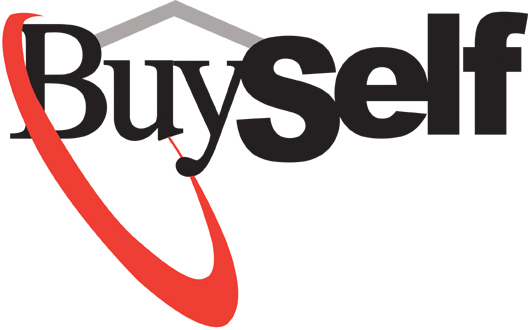| Zillow and Trulia | Realtors Multiple Listing Service MLS | |
| Used by agents to find sellers to call and ask to list | X | |
| Used by agents to find properties for their buyers | X | |
| Includes commission offer to motivate buyer agents to bring their buyer | X | |
| Commission offers are protected so agents won't lose/be cut out of their commission | X | |
| Used by what percentage of active buyers/agents when buying a home (estimated) | 20% | 86% |
| Listing agents will call you to ask you to list with them | Frequent | Violation of rules, subject to fines or license sanction |
| Average fields of information on a property listing | 80 | 250 |
| Average history of listings and transactions on a property | 6 years | 20 years |
| Availability-who can use? | Available to the public | Password protected, only available to dues-paying licensed members |
| In how many formats can listings appear? | 1 |
500+ depends on zip code of the property |
Bottom line: Zillow is not the MLS, and not effective for selling a home. To learn more about listing your home on the MLS for a low, flat fee, enter your zip code below.
When consumers visit a website like Zillow and see lots of information and pictures of homes currently for sale, they often think or wonder if what they are looking at is the Realtors Multiple Listing Service (MLS), or essentially the same thing as the MLS. That is a natural question as both Zillow and the MLS have pictures and information about properties that are currently for sale. By extension, an uninformed seller might think that if I can just list my home for sale on Zillow, then most buyers and agents will know my home is for sale and check it out, and hopefully one of those buyers will make a good offer and my house will be sold.
Sellers who follow through on that mistaken notion are in for a surprise—the typical seller who lists their home for sale on Zillow gets calls not from buyers but from real estate agent/telemarketers who would like them to sign a listing agreement where they agree to pay the huge, traditional commission of 6% or so. Few if any serious buyer calls, no agents calling to inquire about your home for their buyers (although some less ethical agents may suggest, imply, or outright tell you that they have the perfect buyer as a way to get into your home and give you their pitch for listing with them). This is the point where some of these sellers contact us to figure out what went wrong.
At that point, a home seller learns that the only way to make all agents aware that your property is for sale is to list in the MLS. The MLS is the only tool that 99% of Realtors use to find properties for the buyers they assist. 86% of buyers, so nearly nine in ten, end up using a Realtor to buy their property. Realtors generally do not look on Zillow or anywhere else to find a home for their buyer—they only use the MLS.
Realtors use the MLS because it has more information, more accurate information, and most importantly the non-public information most relevant to the agent and their buyer. While Zillow may have 40-90 fields of information about the property, the average MLS listing has over 200. While Zillow may have limited information if a property sold dating back a few years, the MLS will have all the listing information, market times, unsuccessful listings, and photos dating back 15-20 years.
Zillow's information will be inconsistent, depending on their frequently changing sources of their data and their relationship with the MLS and real estate brokerages in the area. Zillow will often show inaccurate information, and there is no effective mechanism to correct the information with Zillow's minimal or non-existent customer service function. In contrast, the MLS has a community of participants on the lookout for errors, easy identification and reporting of those errors, and most importantly the ability to issue monetary fines to participants who enter incorrect information, or refuse to correct errors that have been identified.
Even if an agent happened to look on Zillow for a property for their buyer and found one, they are faced with the issue of losing their buyer commission if their buyer gets interested in such a non-MLS listed property (detailed here). One of the most powerful elements of the MLS is the comfort and reassurance buyer agents receive because they know their buyer commission is protected and not subject to some unknown seller's word or whim. For a buyer agent, helping their buyer client buy an unlisted home is so much more work and so very risky that the commission they are expecting to work with their buyer can disappear in an instant. For this reason, buyer agents are often motivated to keep their buyer from getting interested in unlisted properties.
One other item that pleases many home sellers is finding out that the calls from listing agents are significantly reduced or stop when you list in the MLS. Listing agents are subject to MLS rules that prohibit them from contacting sellers with a property listed in the MLS, as well as rules as a part of their real estate license (not to mention the Realtor Code of Ethics as well). In the event an agent calls a listed seller by mistake because they did not realize the seller was listed, the call ends very quickly when the agent realizes they are breaking the rules.
